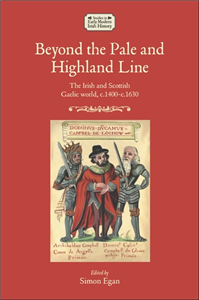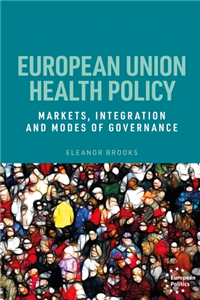Tamer Institute for Community Education
TAMER Institute for Community Education is an educational non-governmental non for profit organization established in 1989 as a natural and necessary response to the urgent needs of the Palestinian community during the first intifada (uprising). The most important of these is the need to acquire means to help people learn and become productive. Focusing principally on the rights to education, identity, freedom of expression, and access to information,Tamer works across the West Bank and Gaza Strip, primarily targeting children and young adults to encourage and deepen opportunities of learning among them. Our program aims to contribute to enhancing reading, writing and all forms of Expression among children and young adults. It also aims at contributing to a Palestinian environment that is supportive to learning processes, and at supporting the literary and scholar production on child culture in Palestine.
View Rights Portal
























